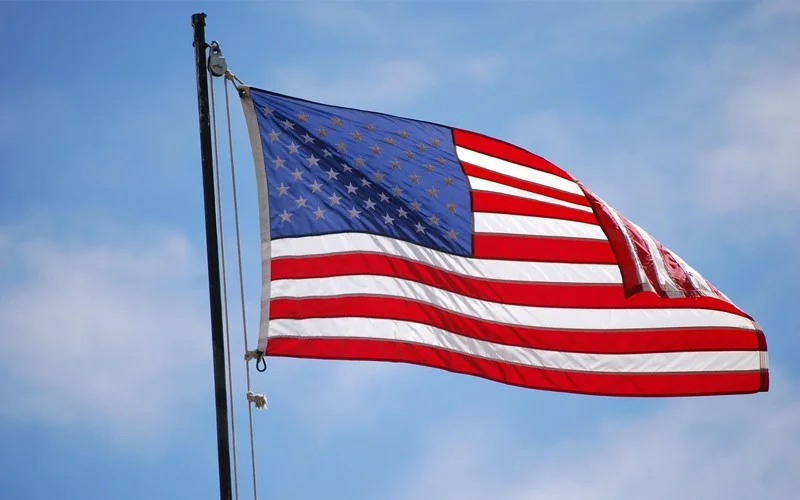The U.S. Embassy has issued a new directive requiring all applicants for F (academic study), M (vocational training), and J (cultural exchange) nonimmigrant visas to set their social media profiles to public, effective immediately.
Announced on July 8, 2025, the measure aims to strengthen the vetting process by enhancing background checks to verify identities and assess admissibility under U.S. immigration law.
Purpose of the Directive
The U.S. Embassy emphasized that social media transparency is now a critical component of national security assessments for visa adjudications.
Public profiles allow immigration officials to review online activity for content that may indicate risks, such as posts glorifying terrorism, justifying ethnic cleansing, or condoning violence for political or religious purposes.
Such content could lead to visa denials. The directive, detailed on the embassy’s official immigration website, states:
“Every visa adjudication is a national security decision.
Applicants are requested to adjust all personal social media accounts to ‘public’ to facilitate vetting.”
Implications for Applicants
The U.S. Embassy in Mexico clarified that the policy ensures comprehensive background checks, enabling officials to confirm identities and eligibility.
Failure to comply—such as maintaining private profiles or incomplete disclosures—could result in delays, denials, or future entry restrictions.
The requirement applies to platforms like X, Instagram, and others listed in the Department of State’s Form DS-160, which has included social media identifiers since 2019.
Applicants are also urged to review their online presence to avoid misinterpretation of past posts.
Context and Broader Impact
This directive builds on existing U.S. policies, such as the 2017 Enhanced Vetting program under Executive Order 13780, which expanded social media scrutiny for visa applicants from high-risk countries.
The policy now uniformly applies to F, M, and J visa categories, reflecting heightened security concerns amid global migration trends.
Posts on X have sparked mixed reactions, with some users supporting the measure for safety, while others, argue it risks privacy violations and discriminatory profiling, particularly for African and Middle Eastern applicants.
Compliance and Recommendations
The U.S. Embassy advises applicants to update privacy settings before submitting visa applications and to maintain transparency throughout the process.
Consular officials may cross-reference social media with other data, such as travel history and biometric records, to ensure consistency.
The policy does not require applicants to create new accounts but mandates full access to existing ones.
Applicants are also encouraged to consult legal experts if unsure about compliance, especially given the potential for misinterpretation of cultural or political posts.
Looking Ahead
As global migration and security dynamics evolve, the U.S. is likely to maintain stringent vetting protocols.
The directive underscores the growing role of digital footprints in immigration decisions, urging applicants to proactively manage their online presence.
With consular offices worldwide implementing the policy, applicants for F, M, and J visas must adapt to avoid setbacks in their academic, vocational, or cultural exchange plans.























